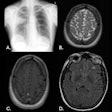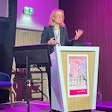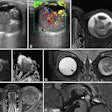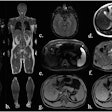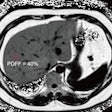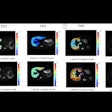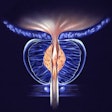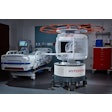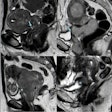Dear MRI Insider,
For a small city, Tübingen has a mighty reputation for science and medicine. It was the home town of neurologist Alois Alzheimer, and several Nobel laureates have attended the world-famous Eberhard Karls University, which dates back to the 15th century. Around 26,000 of the 90,000 inhabitants are students, making it the city with the youngest average population in Germany.
At last month's ECR 2015 in Vienna, Tübingen's MR researchers added to this excellent track record. They won an award for their latest study, which provided new evidence that late gadolinium enhancement on cardiac MRI can depict previously unknown myocardial infarction in patients with coronary artery disease. You can get the full details here.
Also at ECR 2015, a group from Dublin presented fresh data about breast MR recall rates over a five-year period. My colleague Rebekah Moan's article makes for very interesting reading. Click here to find out more.
MRI has become a valuable tool in sports imaging. A grading system for hamstring injuries in athletes that considers the latest MRI parameters was introduced last year and is already proving its clinical value. To learn more, click here.
Fetal MRI is another emerging area for the modality, as shown by a collaborative research project into cleft lips and palates undertaken by radiologists in Austria and New Zealand. Recognition of the different types of orofacial clefts on fetal MRI are important for enabling preoperative multidisciplinary treatment planning and parental counseling, according to the authors. Get the story here.
Functional brain imaging is 25 years old in 2015. If you missed the article about this topic by Dr. Peter Rinck, PhD, then make sure you read it here.
This letter features only a few of the many articles posted over recent weeks in the MRI Community. Please do check out the rest of our coverage below this message.












